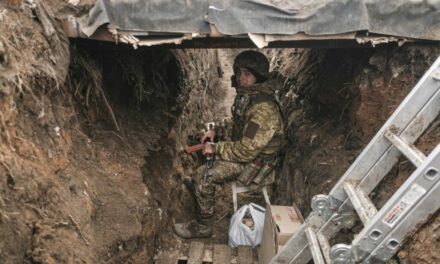At three o'clock in the morning from Saturday to Sunday, we reset the clock to two. So let's reset the clock, in this connection let's fly back in time a little, in whose head was the idea born?
According to some writings, the idea of daylight saving time was proposed by Benjamin Franklin as early as 1784, he wanted to save money on candles used for lighting. In 1895, a New Zealand entomologist also came up with the idea, he would have turned the clocks forward and back by two hours. The first serious attempt is attributed to William Willett (1905), according to his proposal, the clock should have been turned forward in 20-minute increments on the four Sundays of April, and then turned back on the four Sundays of September. In the end, nothing came of it either.
We can "thank" the introduction of clock setting to the war. Daylight saving time was first adopted by Germany from April 30, 1916, to replace artificial lighting (and thereby save fuel for war purposes). The system was adopted by Great Britain, the United States and many other countries, but at the end of World War II they all returned to standard time.
The method was taken up again because of another war, everything had to be saved during the Second World War as well. In Hungary, the system of summer and winter time was introduced in 1954-57, but between 1958 and 1979, its use was suspended, and it was only reintroduced in 1980.
As is well known, there are opponents and opponents of the time change, while it is also known that the time calculation is far from uniform in the world, although the rules for summer time calculation were standardized by the European Union in 1996. In the USA, for example, there are four times as many children's accidents on the roads on Halloween as at other times, which is why the summer time period was extended until the first Sunday in November. The measure was not as effective as it could have been, as many children waited until dark to have fun. In 2011, Russia, Belarus and Ukraine ended the clock change, and in 2016 Turkey joined them.
Two points of interest.

During periods of crisis, the need for change often arose. Following the 1973 oil embargo, the United States Congress extended daylight saving time to 8 months. They found that energy equivalent to about 10,000 barrels of oil could be saved per day, which equated to a total of an extra 600,000 barrels of oil in both years due to the two-month longer period.
Some people owe their lives to the chaos caused by the clock change. In September 1999, daylight saving time was in force in the West Bank, while in Israel they reverted to the standard time zone. West Bank terrorists prepared time bombs, which they delivered to their counterparts in Israel. However, they misunderstood the time set on the bombs, so they exploded an hour earlier, killing three terrorists instead of the planned two busloads of victims.
Source: Morzsa Farm












